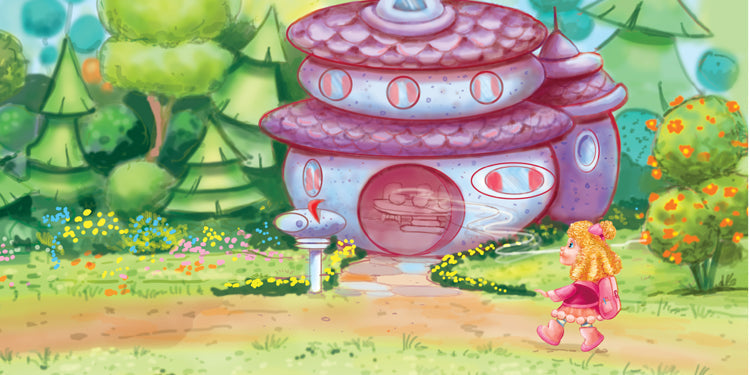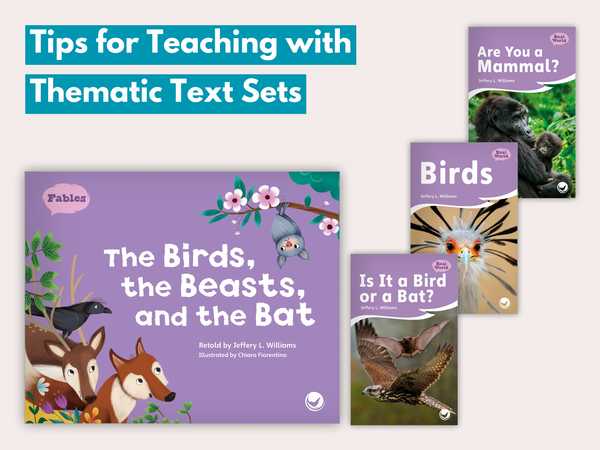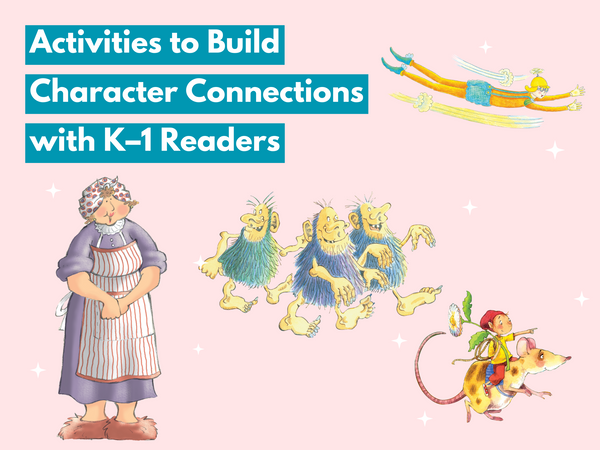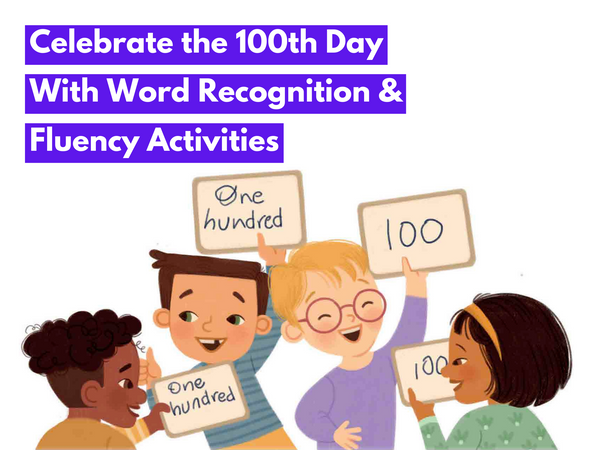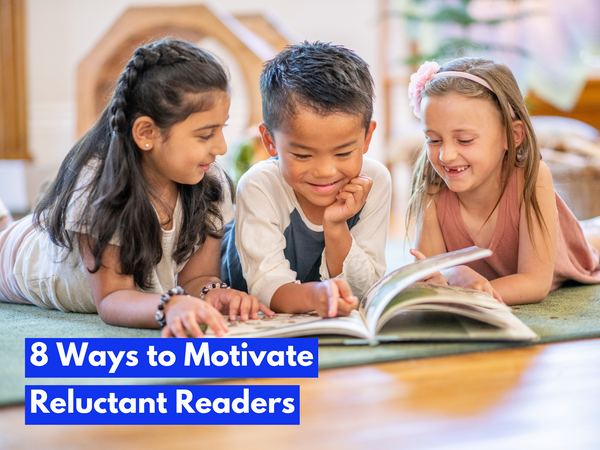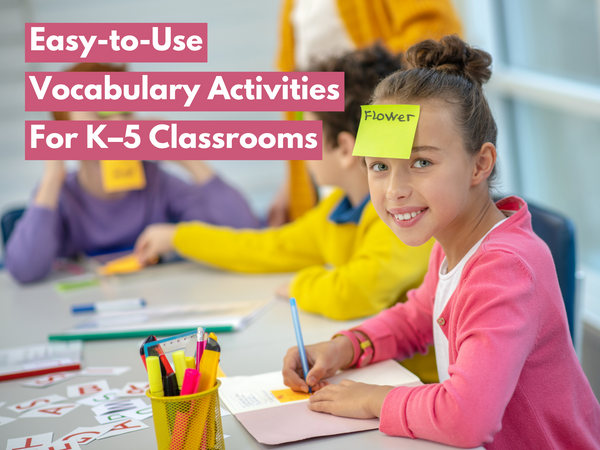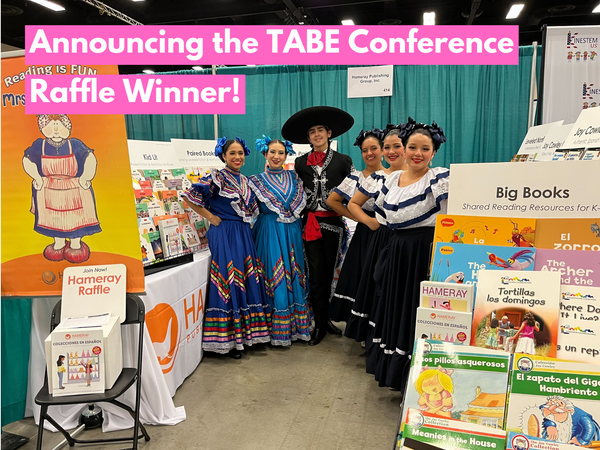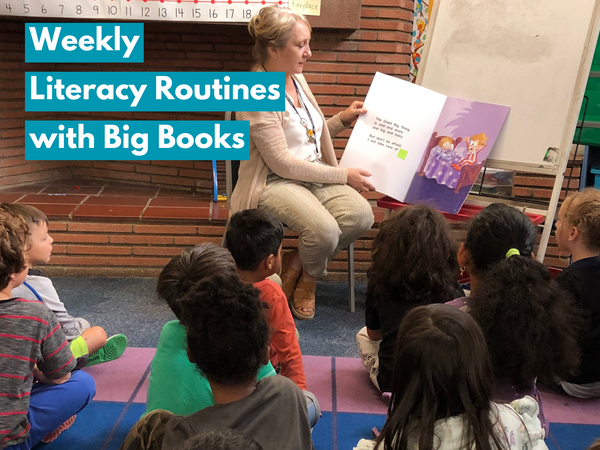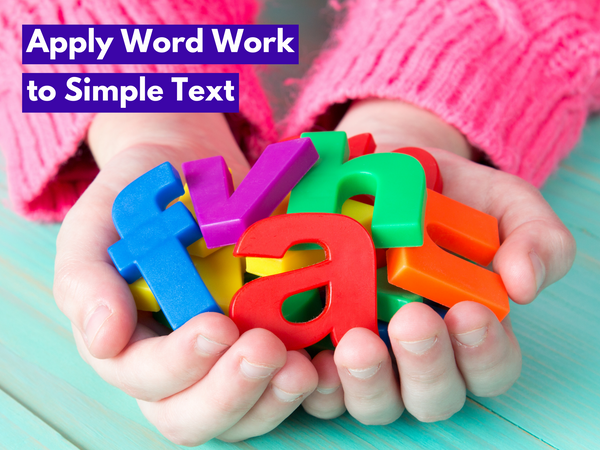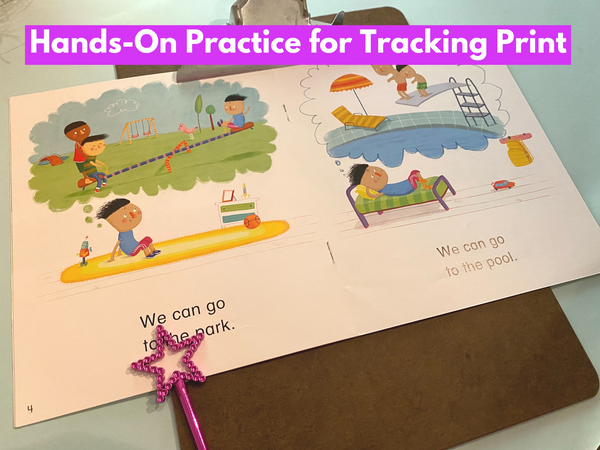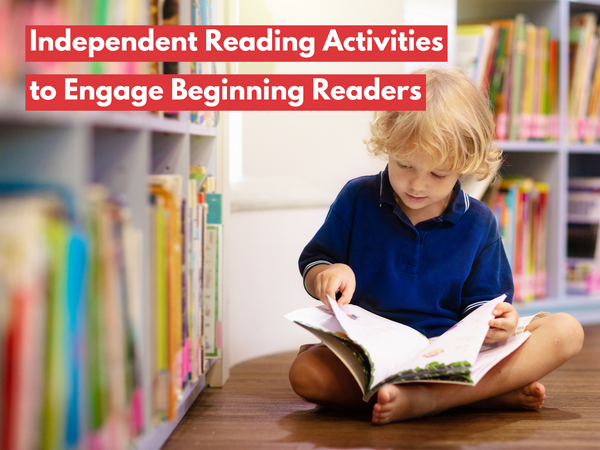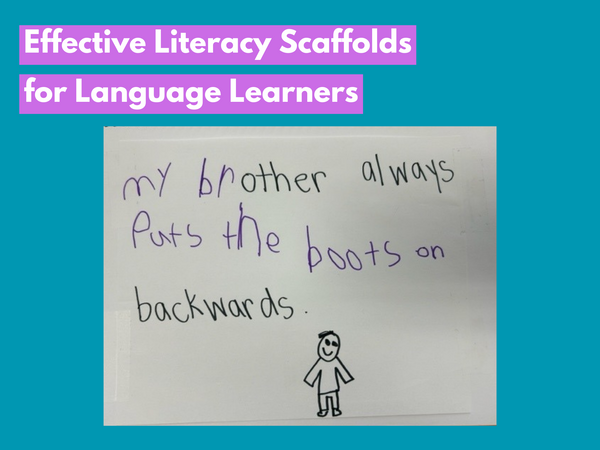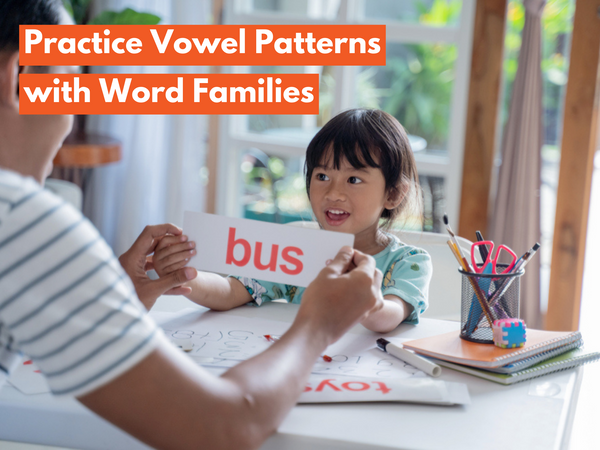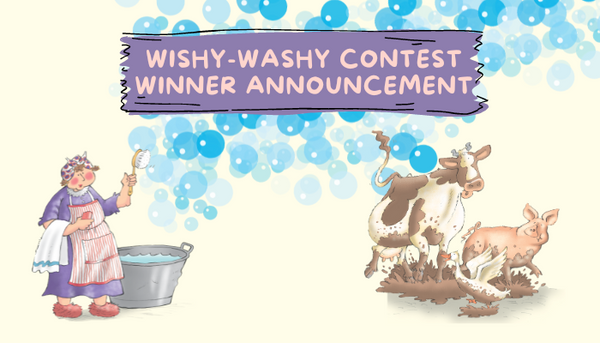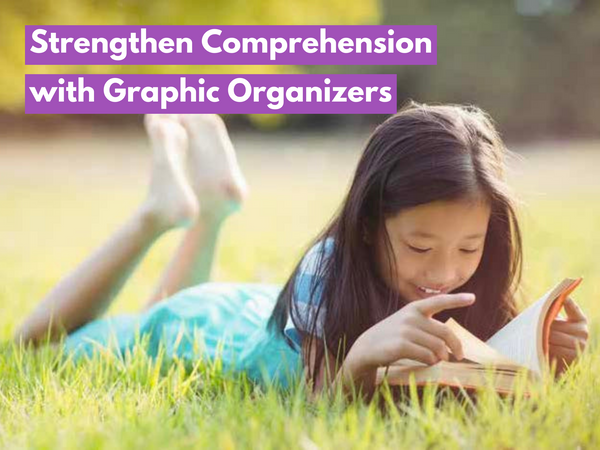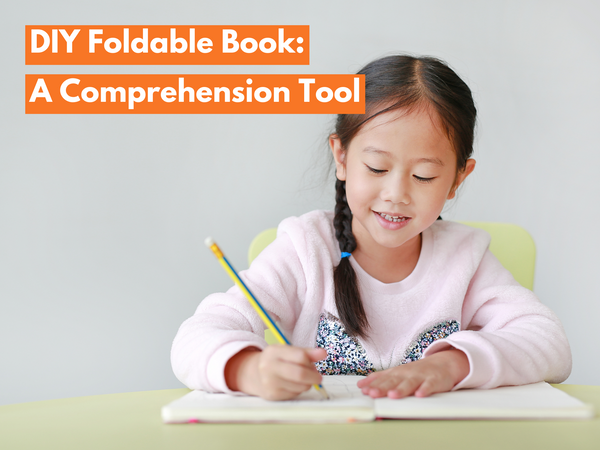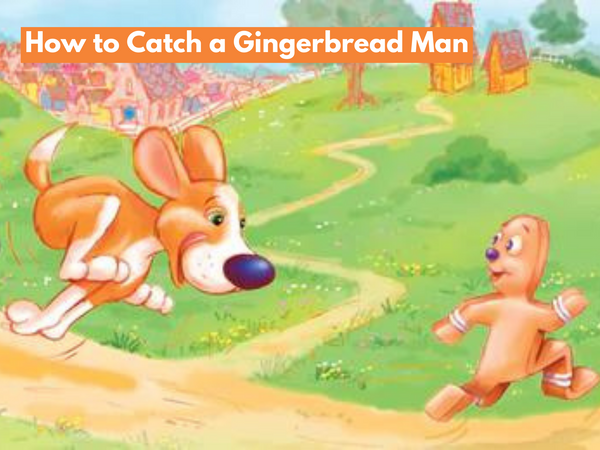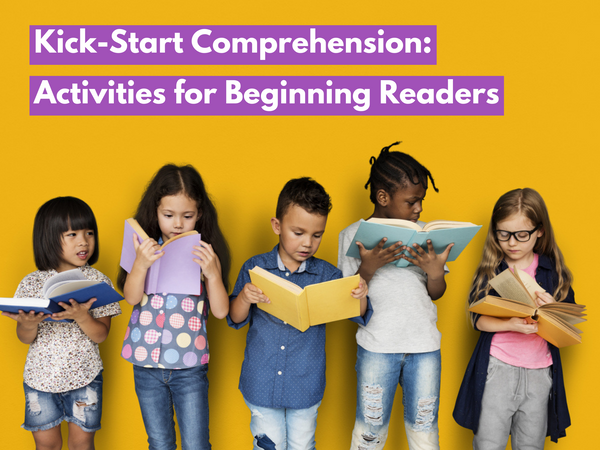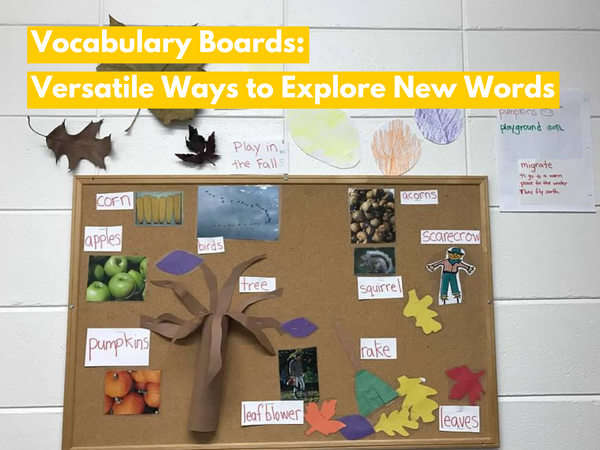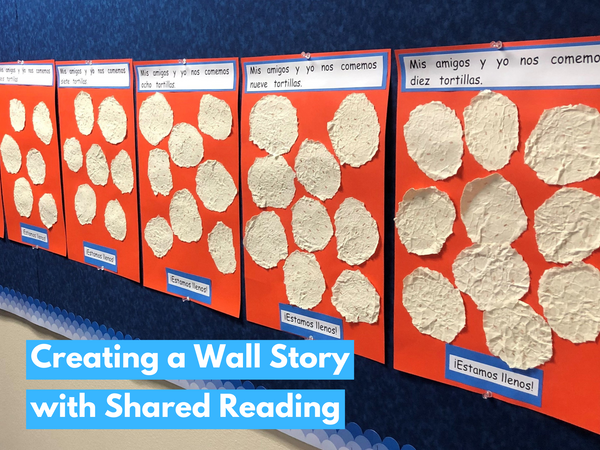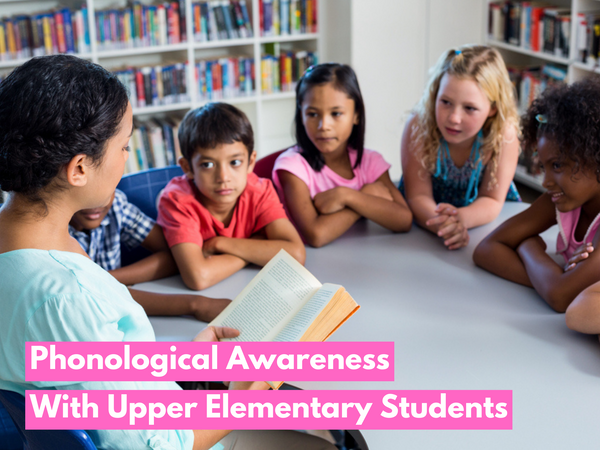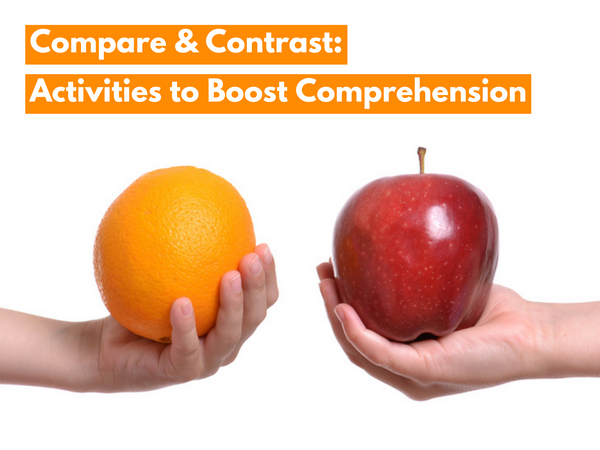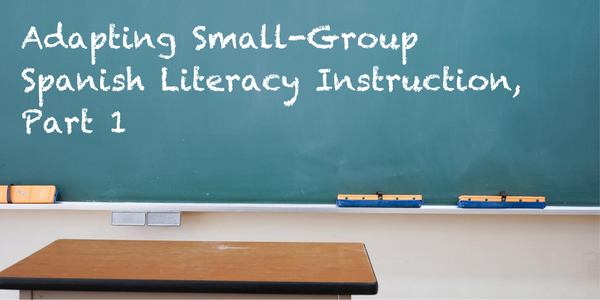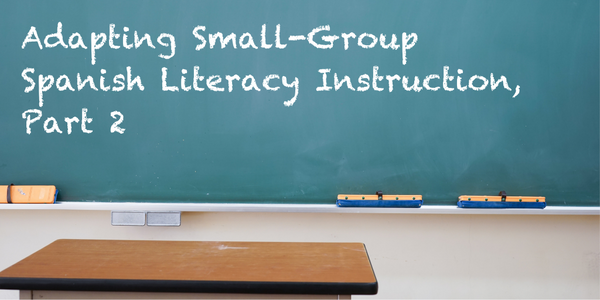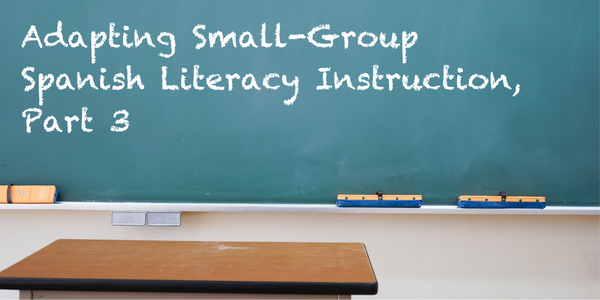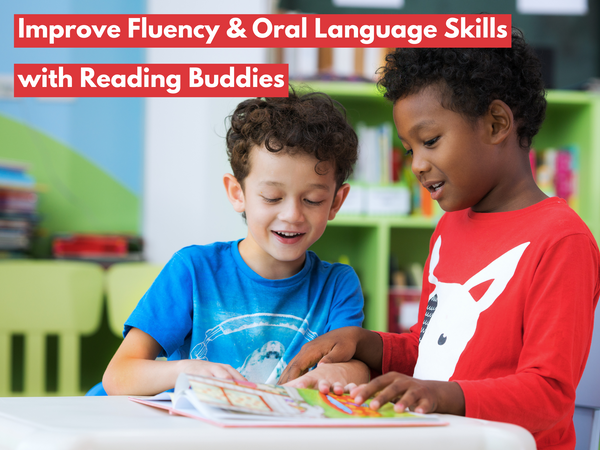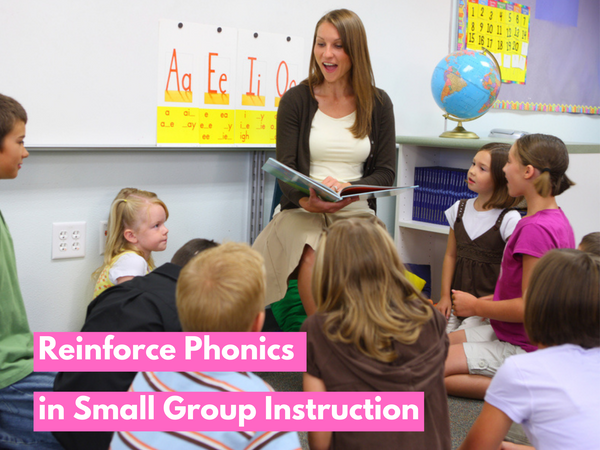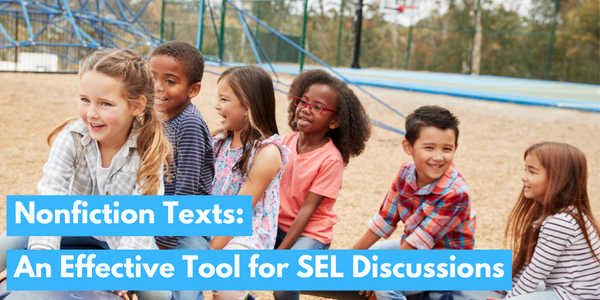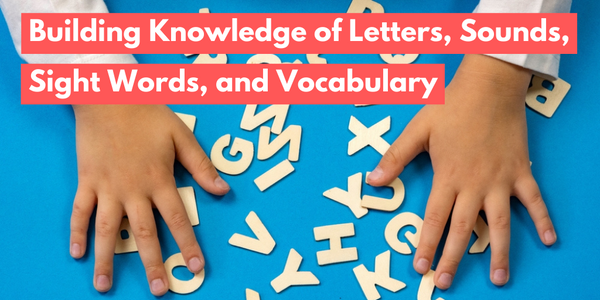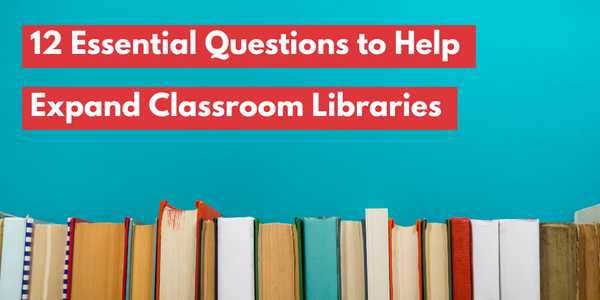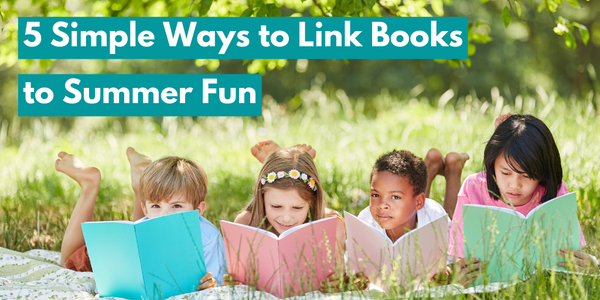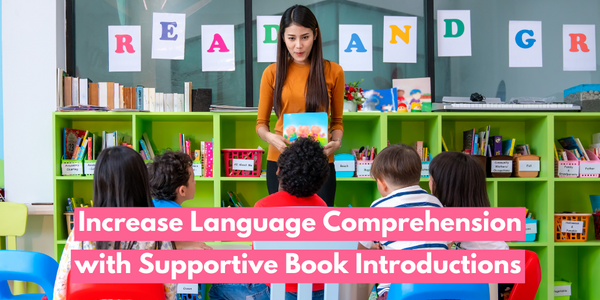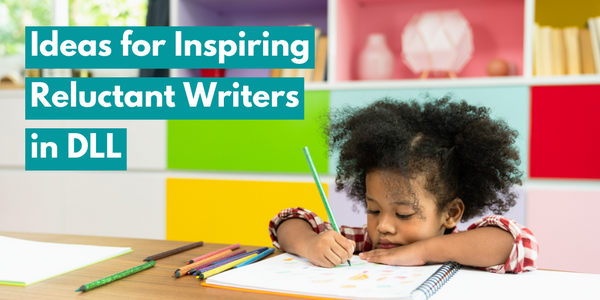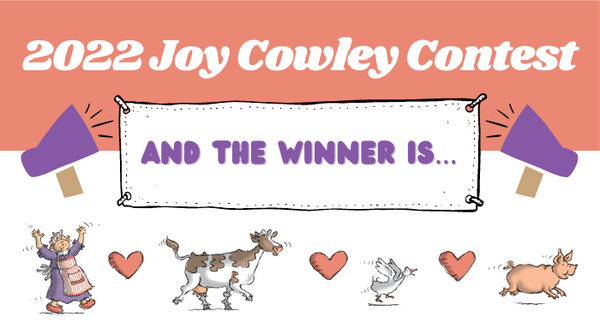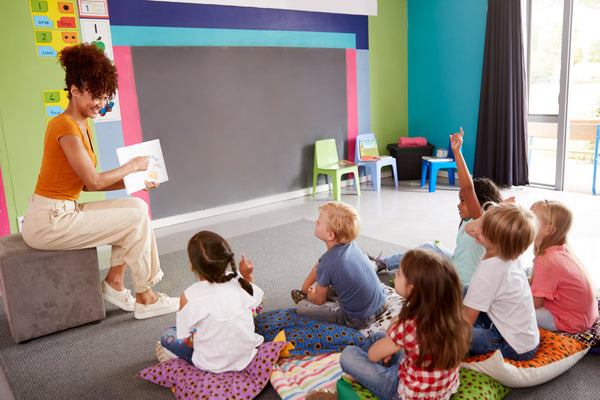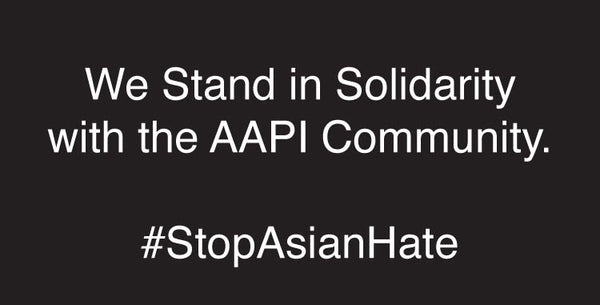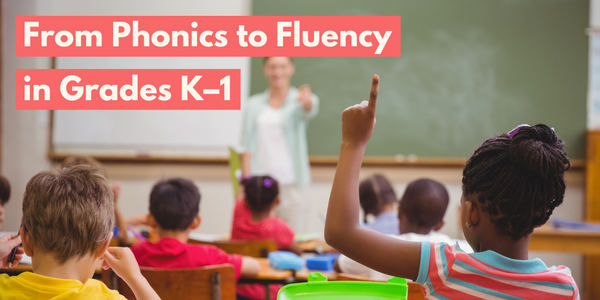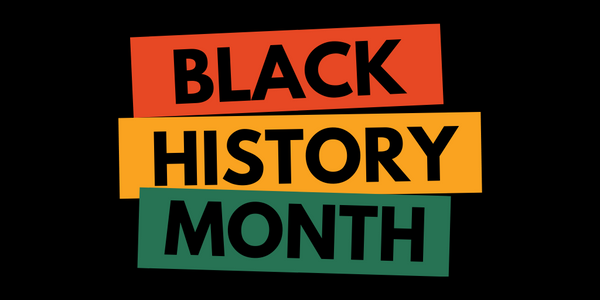Reader's Theater, where students perform a written book like a play, is a tried and true way of engaging readers. Guided role-playing is another highly effective way to incorporate dramatic play into your reading lessons!
WHAT IS GUIDED ROLE-PLAYING?
In guided role-playing, the teacher prepares a role-playing scenario that parallels a situation presented in the book. Students improvise and act based on what they would do in that situation. By being placed into the scene of a book, students learn to empathize and understand the story from the characters' perspectives.
Role-playing can take place before or after an initial reading of the book, but doing it beforehand might help your students act authentically—if they read first, some students might feel tempted to simply mimic the character's actions instead of their own. While students subsume the role of a character in Reader's Theater, the purpose of role-playing is to act in a character's shoes . This increased agency leads to higher interest and more personal investment in reading the book.
EXAMPLE: THE LITTLE RED HEN
Choose a narrative book like The Little Red Hen from the Story World Real World series. Decide on a role-playing scenario. The scenario should be relevant and not specific to the book—for example, you don't want to ask students to imagine that they're a "little red hen." The following scenarios are an example:
- Actor A: You love cooking and live in a house with a friend that loves to have fun. One day, you decide that you want to bake bread, but your friend doesn't want to help you. Role-play the conversation you would have with your friend.
- Actor B: You live in a house with a friend that loves to cook. One day, your friend wants to bake bread and asks for your help, but you just want to have fun instead. Role-play the conversation you would have with your friend.
Have students pair up, with one student playing Actor A and the other playing Actor B. After a few minutes, have them switch partners and switch roles.
Students will be eager to compare their actions to the characters in the book. Furthermore, guided role-playing takes up less time than Reader's Theater— it's the same dramatic fun in a shorter amount of time!
The ideas in this blog post were adapted from Lisa Simon's "'I Wouldn't Choose It, but I Don't Regret Reading It": Scaffolding Students' Engagement with Complex Texts" (2008), which uses guided role-playing with adolescent students.
~~~
Click the image below to download a series highlights about Story World Real World , which contains the book featured in this blog post.



